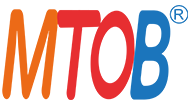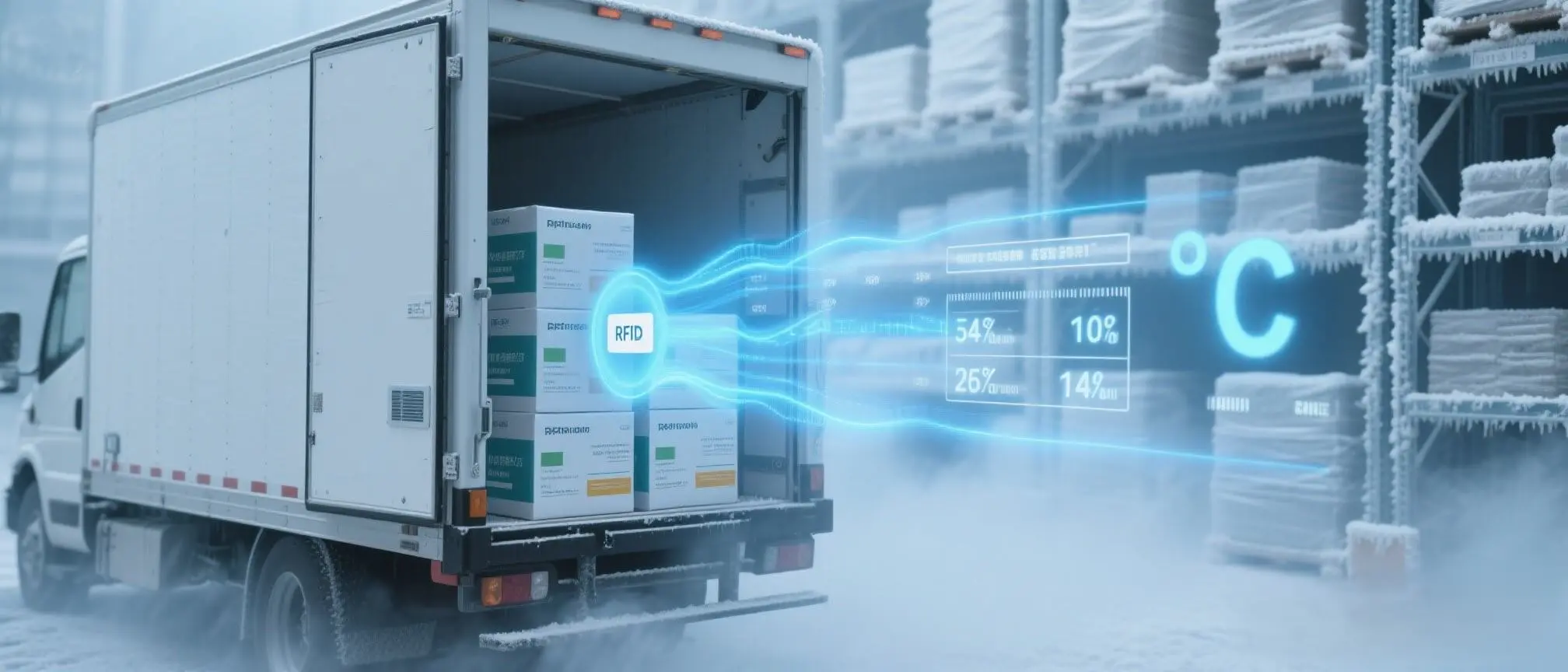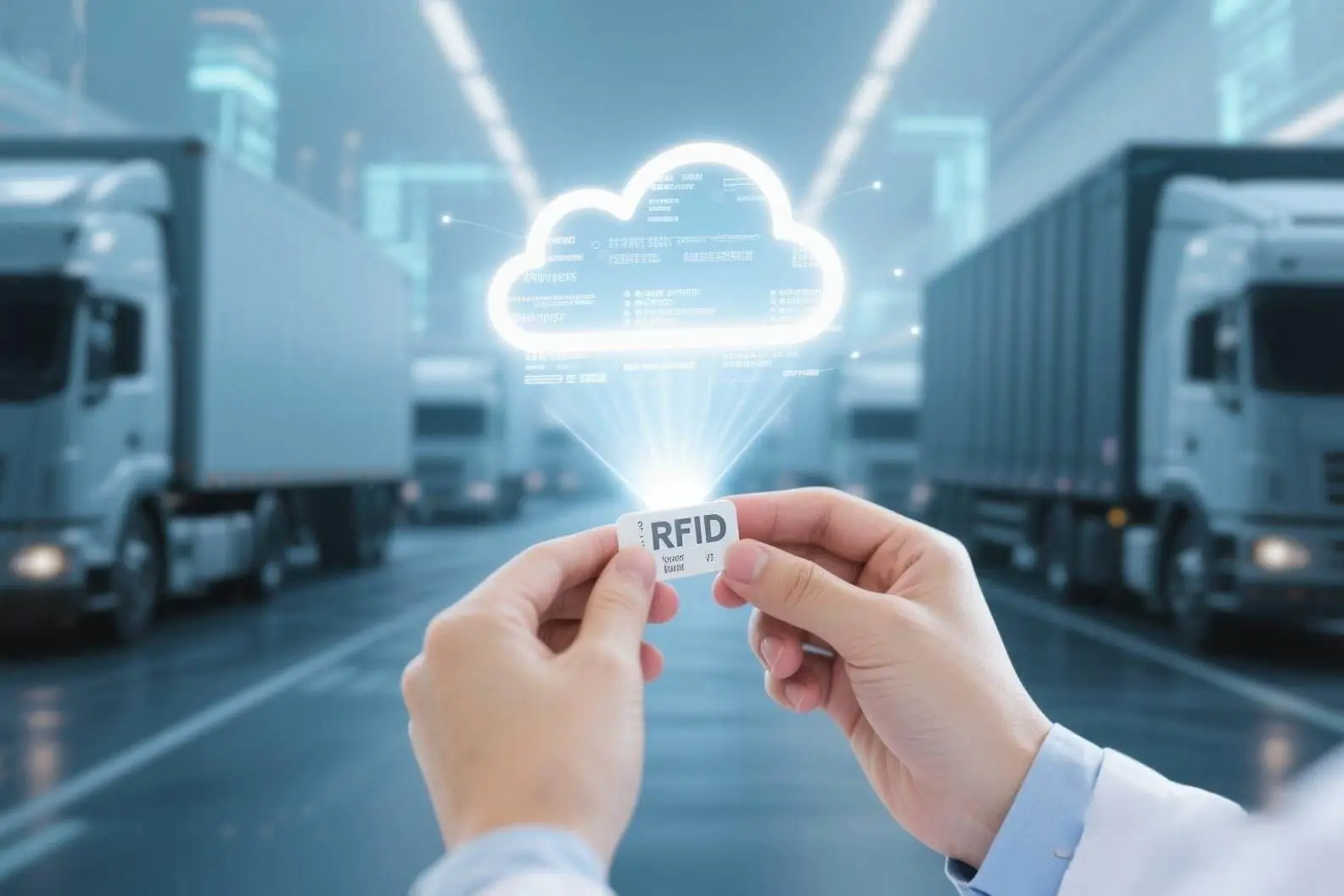Special Requirements of Cold Chain Pharmaceutical Logistics
Transportation Requirements for Temperature – Sensitive Drugs
Temperature-sensitive drugs have strict transportation requirements. These drugs are highly susceptible to temperature changes, and even a slight deviation from the recommended temperature range can lead to a significant reduction in their efficacy or even render them ineffective. Therefore, maintaining a stable temperature environment throughout the transportation process is crucial.
Deficiencies of Traditional Logistics Traceability Methods
Traditional logistics traceability methods often rely on manual records and paper-based documentation. These methods are prone to errors, time-consuming, and lack real-time monitoring capabilities. They are unable to provide accurate and timely information about the temperature conditions during transportation, making it difficult to ensure the quality and safety of the drugs.
The Necessity of Full Process Visual Monitoring
Full – process visual monitoring is essential for the transportation of temperature – sensitive drugs. It allows logistics providers and pharmaceutical companies to track the temperature and location of the drugs in real – time, ensuring that they are transported under the appropriate conditions. This not only helps to maintain the quality of the drugs but also provides valuable data for quality control and regulatory compliance.
Technical Advantages of RFID Electronic Tags
Non-Contact Automatic Identification Feature
RFID electronic tags offer non-contact automatic identification, which is fast and efficient. The tags can be read automatically without the need for direct contact with the reader, reducing the risk of human error and improving the overall efficiency of the logistics process.
Batch Reading and Long – Distance Identification Capability
These tags have the ability to read multiple tags simultaneously in a batch. This is particularly useful in large-scale logistics operations, where a large number of drugs need to be identified quickly. Additionally, RFID tags can be read from a distance, allowing for easy identification of drugs in transit.
Environmental Adaptability and Durable Performance
RFID electronic tags are designed to withstand harsh environmental conditions. They are resistant to moisture, dust, and temperature variations, ensuring reliable performance in different transportation environments. Moreover, the tags are durable and can be reused multiple times, reducing the overall cost of logistics operations.
The Crucial Role of Temperature Monitoring
Real – Time Temperature Data Collection Function
One of the key functions of RFID electronic tags is the real-time collection of temperature data. The tags are equipped with temperature sensors that can continuously monitor the temperature of the drugs. The collected data is then transmitted to a central database, where it can be accessed and analyzed by logistics providers and pharmaceutical companies.
Automatic Alarm Mechanism for Abnormal Temperatures
In case of abnormal temperature conditions, the RFID electronic tags can trigger an automatic alarm. This alerts the relevant personnel immediately, allowing them to take corrective actions in a timely manner. For example, if the temperature of the drugs exceeds the recommended range, the alarm can notify the driver to adjust the temperature settings in the transportation vehicle.
Traceability of Temperature Records
The temperature records collected by the RFID electronic tags are fully traceable. This means that the temperature history of the drugs can be easily retrieved and verified. In the event of a quality issue or regulatory inspection, the temperature records can serve as important evidence to demonstrate that the drugs have been transported under the appropriate conditions.
Full – Process Traceability Management of Drugs
Full – Chain Tracking from Production to Sales
RFID electronic tags enable full – chain tracking of drugs from production to sales. Each tag contains a unique identifier that can be used to track the movement of the drugs throughout the supply chain. This allows pharmaceutical companies to monitor the inventory, prevent counterfeiting, and ensure the quality and safety of the drugs.
Anti – Counterfeiting Verification and Product Authenticity Identification
The tags can also be used for anti-counterfeiting verification. By comparing the information stored on the tag with the information in the database, it is possible to determine the authenticity of the drugs. This helps to protect consumers from purchasing counterfeit drugs and maintain the reputation of the pharmaceutical industry.
Expiry Date Management and Batch Control
RFID electronic tags can assist in expiry date management and batch control. The tags can store information about the expiry date and batch number of the drugs, allowing logistics providers and pharmaceutical companies to manage the inventory more effectively. This helps to reduce the risk of expired drugs being sold and ensures that the drugs are used within their valid period.
Logistics Transportation Safety Assurance
Real – Time Monitoring of Transportation Routes
RFID electronic tags can provide real-time monitoring of the transportation routes. By tracking the location of the drugs, logistics providers can ensure that they are being transported along the planned routes and avoid any potential risks or delays. This helps to improve the efficiency and reliability of the logistics process.
Immediate Early Warning for Abnormal Situations
In addition to temperature monitoring, RFID electronic tags can also detect other abnormal situations, such as sudden shocks or vibrations. In case of such situations, the tags can send an immediate early warning to the relevant personnel, allowing them to take appropriate measures to protect the drugs.
Packaging Integrity Detection
The tags can also be used to detect the integrity of the drug packaging. By monitoring the status of the tags, logistics providers can identify any signs of damage or tampering with the packaging, ensuring that the drugs are delivered in a safe and intact condition.
Data Management and Analytical Applications
Construction of Cloud – Based Data Platforms
RFID electronic tags generate a large amount of data during the transportation process. To effectively manage and analyze this data, logistics providers and pharmaceutical companies can build cloud – based data platforms. These platforms can store, process, and analyze the data, providing valuable insights for decision – making.
Visual Presentation of the Supply Chain
The data collected by the RFID electronic tags can be presented visually on the data platform. This allows logistics providers and pharmaceutical companies to have a clear overview of the supply chain, including the location, temperature, and status of the drugs. Visual presentation helps to identify potential issues and optimize the logistics process.
Intelligent Analysis and Risk Prediction
Using advanced data analysis techniques, the data platform can perform intelligent analysis and risk prediction. It can identify patterns and trends in the data, predict potential risks, and provide recommendations for preventive measures. This helps to improve the overall efficiency and safety of the logistics operations.
Analysis of Actual Application Effects
Application Cases of International Pharmaceutical Enterprises
Many international pharmaceutical enterprises have already adopted RFID electronic tags in their cold chain logistics operations. These enterprises have reported significant improvements in the quality and safety of their drugs, as well as increased efficiency in their logistics processes. For example, some companies have been able to reduce the number of product recalls and improve customer satisfaction.
Data on Operational Efficiency Improvement
The use of RFID electronic tags has also led to a significant improvement in operational efficiency. The real – time monitoring and automatic identification capabilities of the tags have reduced the time and effort required for manual processes, such as inventory management and quality control. This has resulted in cost savings and increased productivity for logistics providers and pharmaceutical companies.
Achievements in Reducing Drug Loss
By ensuring the quality and safety of the drugs during transportation, RFID electronic tags have helped to reduce drug loss. The ability to detect and prevent temperature deviations, counterfeiting, and packaging damage has minimized the amount of wasted drugs, resulting in significant cost savings for the pharmaceutical industry.
Future Technology Development Trends
Integration with Blockchain Technology
The integration of RFID electronic tags with blockchain technology is a promising future development trend. Blockchain technology can provide a secure and transparent platform for storing and sharing the data generated by the tags. This can enhance the traceability and authenticity of drugs, as well as improve the efficiency and security of the supply chain.
Application Prospects of Edge Computing
Edge computing is another emerging technology that can be applied to RFID electronic tags. Edge computing allows data processing and analysis to be performed at the edge of the network, closer to the data source. This can reduce the latency and bandwidth requirements of data transmission, improving the real-time performance of the monitoring system.
Research and Development Direction of Environmentally Friendly Materials
There is also a growing trend towards the research and development of environmentally friendly materials for RFID electronic tags. These materials are designed to be biodegradable or recyclable, reducing the environmental impact of the tags. This is in line with the increasing global focus on sustainability and environmental protection.
Industry Standards and Norm Construction
Compliance with International Standards
The use of RFID electronic tags in the pharmaceutical industry needs to comply with international standards. These standards ensure the quality, safety, and interoperability of the tags, as well as the consistency of the data collected and transmitted. Compliance with international standards is essential for the global trade of pharmaceutical products.
Domestic Regulatory Requirements
In addition to international standards, domestic regulatory requirements also need to be met. These requirements may include specific regulations on the use of RFID electronic tags in the transportation of temperature – sensitive drugs, as well as the management and security of the data generated by the tags. Pharmaceutical companies and logistics providers need to ensure that they are in full compliance with these requirements.
Quality Certification System
A quality certification system is also necessary for the use of RFID electronic tags in the pharmaceutical industry. This system can provide independent verification of the quality and performance of the tags, ensuring that they meet the required standards. Quality certification can help to build trust among consumers and stakeholders and promote the widespread adoption of RFID electronic tags in the industry.
Cost – Benefit Analysis
The implementation of RFID electronic tags in cold chain pharmaceutical logistics involves certain costs, including the cost of the tags, the readers, and the data management systems. However, the benefits of using these tags far outweigh the costs. The improved quality and safety of the drugs, the increased efficiency of the logistics process, and the reduced drug loss all contribute to significant cost savings in the long run. Moreover, the use of RFID electronic tags can enhance the reputation of pharmaceutical companies and improve customer satisfaction.
In conclusion, RFID electronic tags play a crucial role in ensuring the safety and quality of temperature – sensitive drug shipments. They offer a wide range of benefits, from real – time temperature monitoring and full – process traceability to logistics safety assurance and data – driven decision – making. As technology continues to evolve, the application of RFID electronic tags in the pharmaceutical industry is expected to become even more widespread and sophisticated.
Why Choose Mytopband?
- Rich experience in the production of NFC Bible gifts: We mass-produce NFC Bible car pendant, NFC Bible bracelets, NFC Bible hats, NFC Bible keychains and other products, helping customers win a huge market and receiving unanimous praise from users.
- Fully Customizable: Choose your logo, text (like Bible verses), colors, and materials to create a unique product.
- Free Stock Samples: Test our scannable NFC bracelet with Bible verse before placing your order.
- Low MOQ as 500pcs: Perfect for startups and small businesses.

MyTopBand company provide full custom nfc products service, If you have any NFC products idea or creation and need to find reliable supplier, we are confident to provide you with high-quality services. Please find us: www.mytopband.com, or send message to info@mytopband.com, we will reply you within 24 hours.


